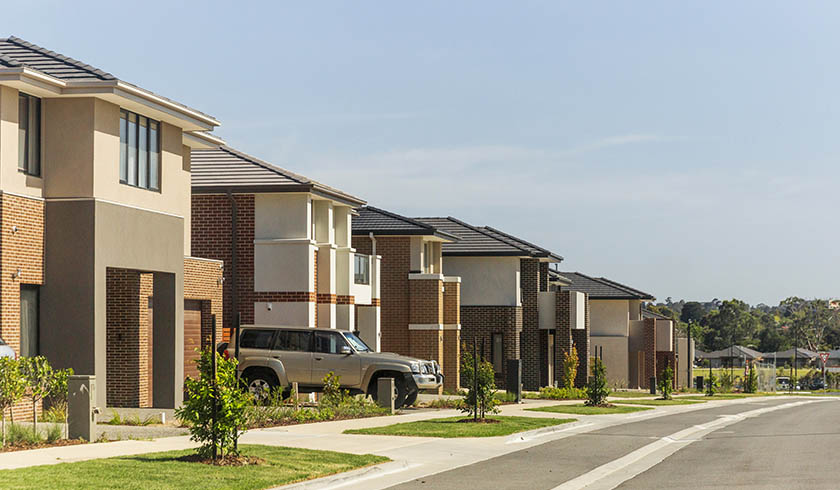Residential v commercial – pros and cons
While the fundamentals may be the same, residential and commercial properties are very different. Learn which option is better for you.

There’s no doubt that property investing offers endless opportunities. But this doesn’t mean that you should buy just about anything.
The lifelong question for many aspiring investors is: should you go residential or commercial?
This isn’t an easy decision to make.
You don’t want to throw away your hard-earned money by making the wrong choice.
To help you avoid this, here’s how residential and commercial properties compare based on the most important factors:
1. Rental yields
Income investors want to get the most out of every invested dollar. This is the opposite of growth investors, who might be able to afford to wait for capital growth.
When it comes to rental yields, commercial property wins by a mile. It’s possible to get up to 12 per cent rental yield with commercial properties, with a typical minimum of 5 per cent.
Those numbers compare favourably to residential properties’ 3-7 per cent rental yields.
This makes commercial properties a safer bet for those who invest for rental income. Of course, you still have to make smart investment moves, whether in commercial or residential properties.
2. Entry barriers
The higher yields of commercial properties come at a price – and a big one at that. If you’re a newbie investor, you might not be able to get your foot in the commercial door.
This is because lenders will require a sizable deposit to approve a loan. Instead of a mortgage, you’re actually taking out a commercial loan that often requires a 30 per cent deposit or higher.
This is why residential property is a much more common starting point. The deposit, fees and mortgage interest rate are often much lower.
3. Risks
In tandem with the previous point, the reason why commercial property requires a hefty deposit is the high risk to both you and the lender. Commercial properties are vulnerable to external factors, including the risks that businesses bring.
On the other hand, everybody needs to live somewhere, right? Residential properties aren’t totally free of risk, but they can be a much safer bet than commercial.
It’s really a question of your risk appetite. But if you’re just starting out, it’s a good idea to play it safer.
4. Vacancy periods
When you pour a lot of money into a property, you want to make sure that you’ll always have a tenant for the property to avoid any gaps in rental income.
Generally speaking, commercial properties suffer much longer vacancy periods than residential. This isn’t surprising, as finding a suitable business tenant is much tougher than finding a residential tenant. To begin with, there are more people who need dwellings than businesses that need premises.
So, commercial rental yields are higher and the lease periods are longer. However, investing in commercial can be more volatile than residential. Again, if you’re looking for safety, commercial properties might not be a good idea.
5. Annual rent increases
For either property type, the rent isn’t going to stay the same forever. There are inflation and other things to consider.
This is why commercial property leases often come with fixed annual rent increases. The rate of increase is generally 3-4 per cent, which is more than enough to cover current inflation rates (1.8 per cent in 2018).
Unfortunately, residential leases usually don’t include such increases. That’s because they usually don’t exceed a year. Even then, it’s usually much tougher to increase the rent on a residential property, or the tenant might just decide to leave.
Choose wisely
As you can see, there’s no clear answer as to whether you should go with residential or commercial property. Each type comes with its own set of pros and cons, so it really depends on your goals and needs.
Whatever you do, make sure to gather all the facts before you make the final decision.
By Glenn ‘Goose’ McGrath, dashdot
